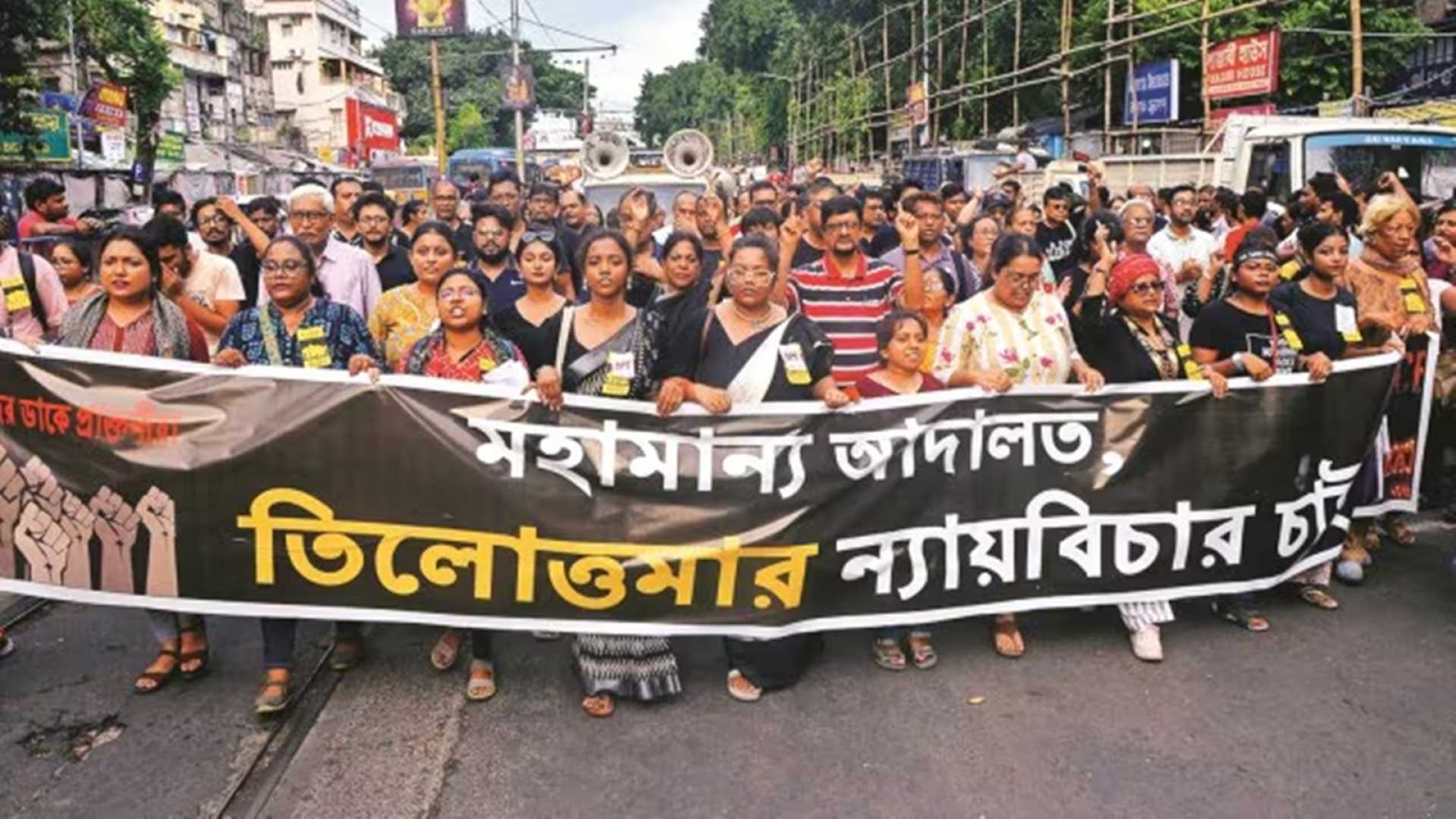News
Protests by Junior Doctors in West Bengal Lead to Government Talks

The ongoing strike by junior doctors in West Bengal has reached a critical point as the Indian Medical Association (IMA) has formally approached the state government, urging immediate intervention. On the fifth day of the protest, doctors sent a letter to Chief Minister Mamata Banerjee seeking expedited solutions to their grievances, as the public anticipates government hospitals to return to normal operations amidst the festive season.
The discussions took place at ‘Swasthya Bhavan’, the state health department’s headquarters, under the supervision of the Chief Secretary Manoj Pant. Attendees of the meeting included representatives from the ‘Joint Platform of Doctors‘, a body composed of two signatories: Dr. Punyabrata Gun and Dr. Hiralal Konar. In their communication, the doctors emphasized the urgency of their demands, asking for “transparent and fruitful discussions” to address their issues effectively. They underlined the necessity for the government to acknowledge and resolve their justified demands for the improvement of healthcare services.
The letter coincided with a mass gathering at the celebration of Mahashashti, as citizens engaged in festivities, and junior doctors continued their demonstration in central Kolkata. The letter went on to issue a stern statement demanding action against tarnished individuals within key health administration bodies, including the Health and Family Welfare Department, the West Bengal Medical Council, and the West Bengal Health Science University. It called for the suspension or compulsory leave of allegedly implicated personnel to restore faith in the health administration.
The current movement, driven by doctors, is perceived as a strategic pressure maneuver on the state administration. With Durga Puja underway, time is of the essence to resolve the impasse so that public healthcare services—critical for the economically disadvantaged—can resume normal functions. Despite the ongoing negotiations, it remains uncertain whether an agreement will be reached soon enough to avert disruptions in public healthcare.












